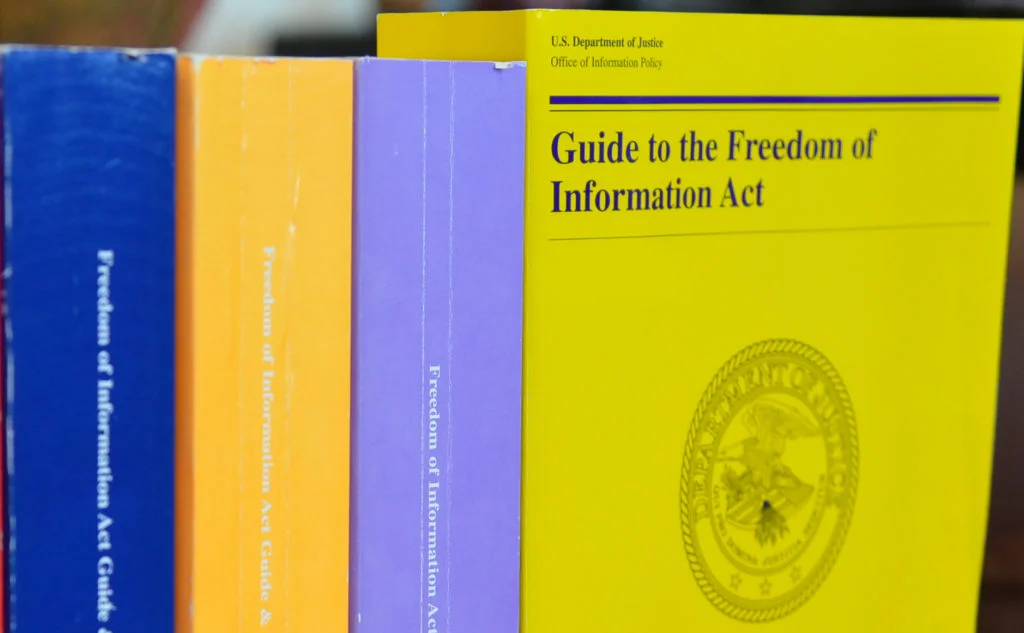Board Members’ Communications on Personal Electronic Devices During Public Meeting Regarding “Public Business” Is Subject to FOIA Request

Board Members’ Communications on Personal Electronic Devices During Public Meeting Regarding “Public Business” Is Subject to FOIA Request
Jul 30, 2013
Share to:
Affirming part of a binding opinion issued last year by the Illinois Attorney General (“AG”), the Fourth District of the Illinois Appellate Court holds communications “pertaining to public business” which were sent to and from city council members’ personal electronic devices during city council meetings and study sessions are public record which are subject to disclosure under the state’s Freedom of Information Act (“FOIA”). City of Champaign v. Madigan, 2013 IL App (4th) 120662 (July 16, 2013).
Background
Under FOIA Section 2(c), electronic communications and other documentary materials do not qualify as “public records” unless they pertain to public business and were prepared by, prepared for, used by, received by, possessed by, or controlled by the public body.
In July, 2011, a reporter from the The News Gazette submitted a FOIA request to the City of Champaign (“City”) requesting “all electronic communications, including cell phone text messages, sent and received by members of the city council and the mayor during city council meetings and study sessions…[T]his request applies to both city-issued and personal cell phones, city-issued or personal email addresses….” The City provided all responsive records that were in its possession except communications on council members’ private cell phones and email accounts.
The reporter asked the AG’s Public Access Counselor to review the City’s partial denial. The AG rejected the City’s argument that the contested communications were not “public records” because the City as a “public body” did not “possess” them. The AG’s binding opinion found that texts and emails sent or received from council members’ personal electronic devices during public meetings, concerning City council business, are by definition “public records” subject to FOIA. The City sought judicial review of the AG’s opinion, and the Circuit Court of Sangamon County affirmed that opinion. The City appealed to the Fourth District Appellate Court.
Appellate Court Limits The AG’s Opinion
The Appellate Court held that the City council members’ communications from personally owned electronic devices during city council meetings and study sessions were “public record” and thus subject to disclosure under FOIA. The Appellate Court did take issue with the AG’s interpretation of the statutory provisions defining “public record” as any communication about “public business.” The Court held communication is not “public record” simply because the record pertains to public business. To be “public record,” not only must the communication pertain to “public business,” but it must also be prepared by, prepared for, used by, received by, possessed by, or controlled by a public body.
The City conceded that the communications pertained to “public business,” but argued that the second requirement could not be met because the individual council members exchanging the communications were not themselves a “public body.” However, functioning as they were at meetings and study sessions, the council members were collectively a “public body.” Thus, the Court held the second part of the test was met. As a result, the communications sent and received on private cell phones and email accounts during meetings that pertained to “public business” were in the possession of a “public body” and could be FOIA’d.
In dictum, the Court suggested that because individual members are not themselves a “public body,” communication about “public business” sent by one member to another member at home is not a public record. However, if that message was forwarded to enough members to constitute a quorum, it could be said the communication was “in the possession of a public body,” and thus subject to a FOIA request.
The Court reasoned that “to hold otherwise would allow members of a public body, convened as the public body, to subvert the Open Meetings Act and FOIA requirements simply by communicating about City business during a city council meeting on a personal electronic device.”
Robbins Schwartz recommends that public bodies establish their own rules prohibiting members from using their personal electronic devices and accounts during meetings or using them to discuss public business. In addition, public bodies are encouraged to provide/establish electronic devices and accounts for their members to use as the exclusive channel for discussing public business.
If you have any questions regarding the above, please contact any Robbins Schwartz attorney.
Joe Keavy, a law clerk in the firm’s Chicago office, prepared this Law Alert.
This Law Alert follows up on the July 31, 2012 In Brief prepared by Catherine R. Locallo, an associate in the firm’s Chicago office, describing the Illinois Attorney General’s binding opinion considered by the Appellate Court in this case.
